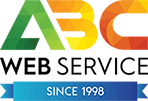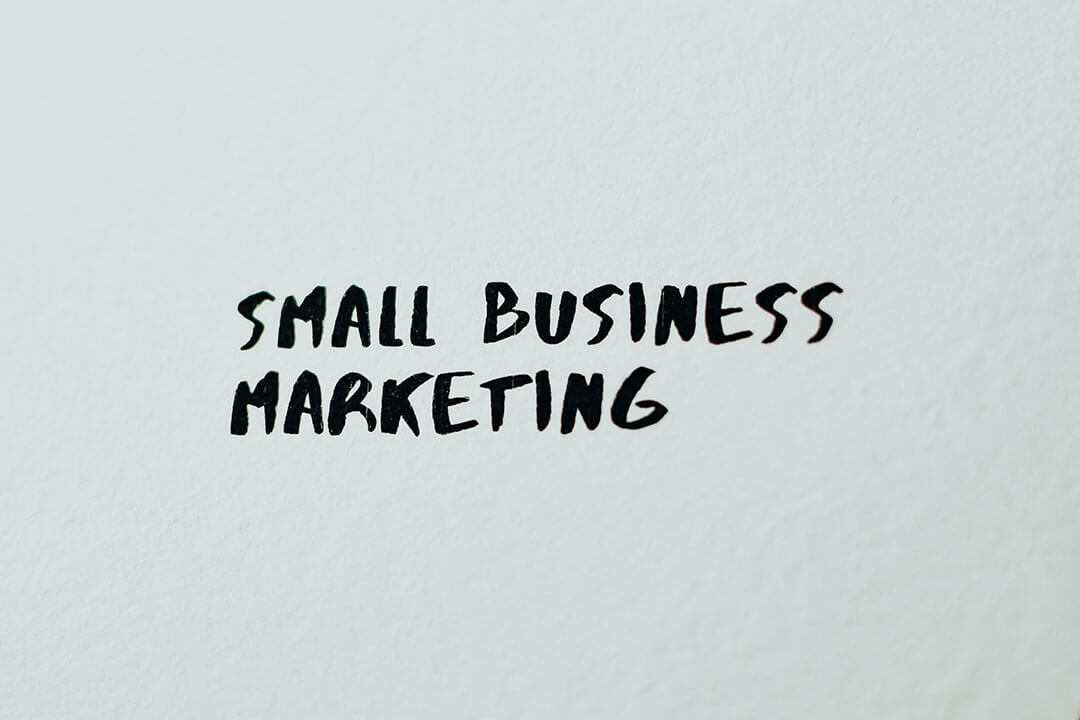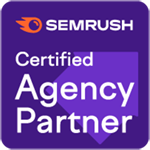Marketing your business online has become necessary for any company that wants to compete in today’s digital landscape. With a vast array of marketing channels to choose from, knowing which one will work best for your business can be overwhelming.
In this blog, we will break down the types of online marketing strategies and how not all channels are appropriate for every business. With the pros at ABC Web Service by your side, you’ll be able to make the right decisions when it comes to marketing your business online.
The Rise of Online Marketing Channels
The internet has revolutionized business, and marketing is no exception. Research by eMarketer shows that digital ad spending has reached over $333 billion in 2019, accounting for about half of global ad expenditures. The following factors drive this significant shift:
- Targeted Advertising: The granularity of targeting options and detailed analytics provided by digital platforms allows businesses to fine-tune their ad campaigns and maximize their return on investment (ROI).
- Omnichannel Presence: Businesses can now appear across various online platforms – from search engine results to social media feeds – making reaching their target audience through multiple channels easier.
- Cost-effectiveness: Unlike traditional marketing methods, online advertising is more affordable, allowing small businesses or those with limited budgets to compete effectively.
However, not all online channels are appropriate for every business, meaning it’s essential to understand the different strategies and their specific benefits.
Understanding the Different Digital Marketing Channels
-
Google Ads (Pay-Per-Click)
Pay-per-click (PPC) advertising refers to ads on platforms like Google Ads (former Google AdWords) or Bing Ads. With PPC, you only pay when someone clicks your ad. It’s an auction-based system where advertisers bid on keywords relevant to their business. Ads are shown when someone searches those terms, and you’re charged for the click. PPC is beneficial because:
- You can precisely target who sees your ads based on location, interests, search queries, and more. Results come from explicit intent versus passive browsing.
- Easy to measure ROI. You control spend and can see direct traffic and sales in analytics.
- Display your ads prominently at the top of search engines – above organic results.
- Flexible, you can adjust or pause campaigns at any time.
PPC does require a dedicated budget and close monitoring to optimize campaigns regularly. Management is a must to have a successful campaign. There’s no such thing as set-it-and-forget-it. Pay-Per-Click ads deliver results and complement other marketing efforts, when done correctly.
Benefits of using Google Ads include:
- Instant visibility in search results.
- Budget control with flexible spending.
- Detailed data and analytics.
However, due to its bidding system, this platform may not be suitable for companies with limited budgets. You need enough exposure to be seen and that’s directly linked to your ad budget. This is especially true for competitive industries and markets.
-
Organic SEO (Search Engine Optimization)
Search engine optimization (SEO), or organic SEO, is a tool you can use to improve your website and content to ensure that your site ranks higher in search engines like Google. Higher rankings lead to increased visibility and website traffic. SEO utilizes keywords, ensures your website is easy to navigate, and provides a positive user experience. Best practices for SEO include:
- Conduct keyword research to identify terms your customers are searching for and optimize your content around them. Focus on long-tail, low-competition keywords first.
- Create blog posts, videos, and other content that answers your audience’s questions and provides value. This will also eventually position you as an industry authority, for users and search engines alike.
- Ensure your website loads quickly, follows accessibility standards, and has a mobile-friendly responsive design, as well as an SSL certificate.
- Acquire backlinks from high-authority websites to boost rankings—guest post on industry blogs or partner with complementary businesses. Think about links being seen by search engines as referrals from other reputable websites to yours. Don’t you trust something more when it comes as a referral from a trusted source?
- Write meta descriptions optimized with keywords to improve click-through rates and relevancy.
- Monitor your rankings regularly and double down on what’s working via Google Search Console and keyword ranking reports.
SEO takes time, there are no shortcuts here, but it builds authority and brings qualified organic traffic. It should form the foundation of any digital marketing strategy and one of the most important investments you can make in your business.
Benefits of using Organic SEO include:
- Long-lasting online presence.
- Increased credibility due to higher search rankings.
- Lower advertising costs in the long run.
- Predictability in your pipeline, and therefore sales.
However, SEO requires consistent effort and may take longer to yield results compared to PPC campaigns.
-
Social Media Ads
Advertising on popular social media platforms like Facebook, Instagram, and LinkedIn can help you reach a vast audience with targeted ads based on demographics, interests, or behaviors.
Social platforms like Facebook, Instagram, Twitter (now X), LinkedIn, and Pinterest allow you to engage with your audience directly. Tactics may include:
- Paid social ads like Facebook ads or LinkedIn sponsored posts that appear in feeds and target specific demographics.
- Organic posting of visual content, videos, Stories, Reels, etc. that educate or entertain boosts brand awareness and loyalty.
- Community management via customer service interactions and fostering user-generated content.
- Cross-promotions with influencers or brand ambassadors who already have an audience.
- Lead generation through tactics like contests, quizzes, coupons, or gated content that collects emails.
- Retargeting past customers to populate your organic social feed or via custom audiences for paid ads.
Social media’s highly visual nature and networking potential provide many opportunities to connect with your audience. Just ensure your messaging aligns with each platform and provides value.
Benefits of using Social Media Ads include:
- Wide reach across different platforms.
- Precise targeting options.
- Engaging ad formats like images, videos, or sponsored posts.
However, competition for attention on social media platforms can be challenging, and ad costs could be higher for certain industries or target segments.
Also, social media leads are colder than search engine leads, for the simple reason that social media ads are intrusive. Keep in mind that they weren’t searching for your product/service when it appeared on their feed, so it may take longer for these leads to become clients and the conversion rates are usually lower than what we see with search engine leads.
Social media leads need to be nurtured to introduce them to your company and keep you top of mind, so that when they are ready to buy, it’s your company who they think about.
-
Google Shopping for E-commerce
Google Shopping is an effective online marketing channel specifically for e-commerce businesses. This is done on the Google Merchant Center platform. It allows you to showcase your products directly in Google search results. When users search for products online, your items can display prominently with images, pricing, ratings, and more.
Setting up a Google Merchant Center account and optimizing your product feed enables your items to appear in relevant Product Listing Ads. You only pay Google when someone clicks on your ad to view a product or visit your site.
The key is ensuring you have compelling product imagery, accurate inventory feeds, good descriptions and product details, and competitive pricing. Google Shopping requires an e-commerce site and works best for retailers selling physical products online. It may not be as applicable for certain service-based businesses. But overall, it is a powerful marketing channel for e-commerce brands looking to drive conversions.
Benefits of using Google Shopping include:
- Prominent ad placement with images and price information.
- Improved click-through rates compared to text-based ads.
However, this option is primarily relevant for e-commerce businesses and does not apply to service-based companies. Also, competition can be fierce for certain products.
Evaluating Your Options
Not all marketing channels make sense for every business. Consider your budget, target audience, competitive landscape, and product. Know your customer acquisition costs. Have clear goals and realistic expectations. Start with one or two affordable, scalable options. Establish key performance indicators and track results over time. Optimize and expand channels that deliver results. Be consistent with messaging. Digital marketing takes ongoing effort and time but pays off exponentially. With a thoughtful strategy and commitment to execution, you can successfully grow your online presence.
For help with all your digital marketing needs, be sure to call the professionals at ABC Web Service. We work with you to create custom-tailored marketing solutions that deliver measurable results, and we offer a free initial consultation. Click here to schedule your free consultation now!










